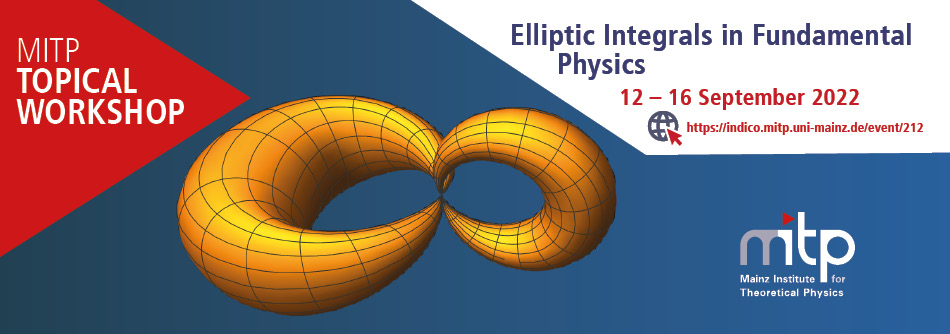Scattering amplitudes are the building blocks that allow us to compute predictions for high-energy experiments like the Large Hadron Collider (LHC) at CERN. Despite their importance, the computation of scattering amplitudes is a very complex task. As the number of particles and/or the precision of the prediction increases, one faces an exponential growth in complexity and computations quickly become intractable. At the same time, the mathematical theory of the functions describing generic scattering amplitudes needed for high precision is insufficiently developed. Novel and powerful techniques are required in order to make precise predictions for collider experiments.
While there was a lot of progress over the last couple of years in understanding the mathematics of the functions that appear in scattering amplitude computations, it is known that new classes of functions show up that are poorly understood even from the mathematical side. Therefore, these so-called ”elliptic functions” are currently an active area of research not only in collider physics, but also in seemingly disconnected areas like string theory and pure mathematics.
The aim of the topical workshop is to bring together particle physicists, string theorists and mathematicians working on elliptic functions, with the grand goal of advancing our understanding of elliptic functions required to make precise predictions for future particle physics experiments.

